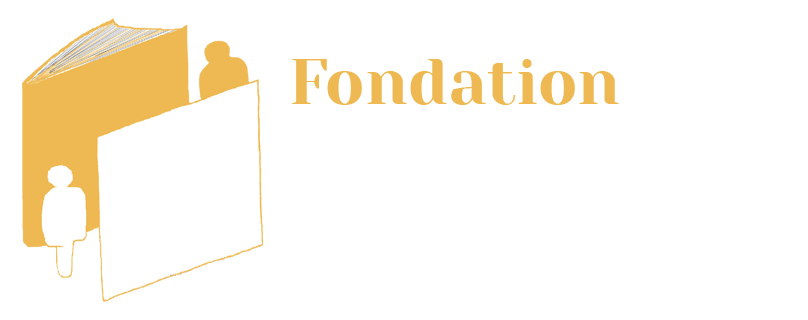Jacques-Henri Dreyfus
Chief Rabbi of Belgium (1880-1891).Son of the rabbi of Saverne, graduate of the first rabbinical degree at the Rabbinical Seminary of Paris where he was a student from 1862 to 1868, Jacques-Henri Dreyfus started in 1874 as rabbi of Sedan. It was in this symbolic place of the French defeat of 1870 that he distinguished himself with numerous sermons marked by an ardent patriotism. He then succeeded the Grand Rabbi Élie-Aristide Astruc in January 1880. Jacques-Henri Dreyfus held this position for a little over ten years before taking up the post of Chief Rabbi of Paris. His appointment in Paris gave rise to a press campaign against him: despite his speeches in the 1970s, and the fact that he opted for French nationality after the defeat, his patriotism was questioned on the grounds that he had been posted abroad and that his father had remained in Alsace after 1871. After the departure of the very liberal Astruc and under the impetus of its president Joseph Oppenheim, the Central Israelite Consistory of Belgium had chosen, in 1881, a more conservative spiritual leader for the country's Jewish communities. He was also a more discreet and less committed rabbi than his predecessor had been. The rise of political anti-Semitism in Germany and then in France, especially after 1886, fuelled the thinking of Jacques-Henri Dreyfus: his conservatism was a withdrawal into himself; his scepticism contrasted sharply with the positive faith of his predecessor. Moreover, the morality to which he referred was rigid and demanding. It exalted piety and sacrifice, self-denial and contempt for suffering, i.e. persecution. Although Dreyfus claimed to be a member of the French rabbinical school and thus of modern, emancipated Judaism, it seemed to him that the advance of materialism and its consequences among Jews, as well as the revival of anti- Jewish stereotypes in political form, sounded the death knell for unbridled adherence to the modernity and values of the century. Jacques-Henri Dreyfus gave many sermons based on patriotism and respect for religious tradition.
Abstract from: Jean-Philippe Schreiber, Dictionnaire biographique des Juifs de Belgique. Figures du judaïsme belge XIXe-XXe siècles, De Boeck & Larcier, 2002, pp. 89-90.

